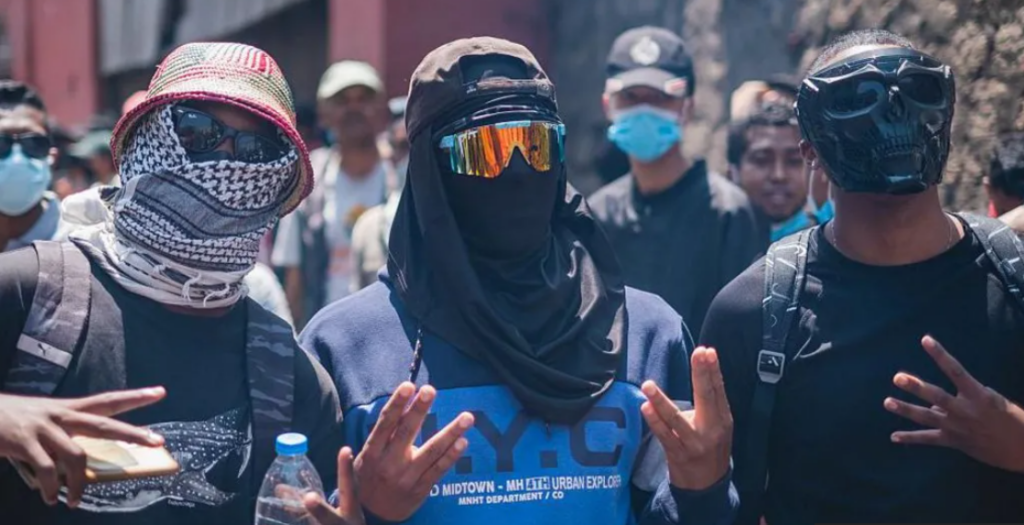Madagascar is facing its biggest political crisis in more than 15 years, as youth-led protests demanding change intensify across the country. The unrest has already claimed at least 22 lives and left more than 100 injured, according to the United Nations.
What began as frustration over power and water shortages has escalated into a full-scale movement calling for President Andry Rajoelina’s resignation.
How the Protests Began
The demonstrations erupted after the September 19 arrest of two city politicians who had planned a peaceful rally in the capital, Antananarivo, against chronic blackouts and water shortages. Their detention sparked outrage, fueling the rise of Gen Z Mada, a youth-led online movement that has mobilized thousands through social media platforms like TikTok and Facebook.
The protests have since spread to at least eight cities, with banners demanding “Rajoelina out” and an end to corruption at state-owned utility Jirama.
Who Is Involved?
Initially spearheaded by Gen Z Mada, the demonstrations have gained support from trade unions, civil society groups, and opposition leaders. Former President Marc Ravalomanana and opposition figure Siteny Randrianasoloniaiko issued a rare joint statement backing the protests, rejecting Rajoelina’s call to join his government.
Government Response
In a bid to ease tensions, President Rajoelina sacked his government, accusing ministers of failing to deliver. He pledged World Bank-funded reforms to fix the power crisis and offered support to businesses hit by looting. However, these moves have done little to calm anger, as protesters demand his resignation and accountability for the deaths linked to security crackdowns.
Security forces continue to enforce curfews, firing tear gas and water cannons to disperse crowds. Schools in the capital remain closed due to fears of escalating violence.
What’s at Stake?
Madagascar, where 75% of the population lives below the poverty line, faces worsening living conditions. Analysts warn that continued repression could deepen unrest, with the military’s stance becoming a potential tipping point.
For now, the Gen Z-led movement shows no sign of backing down leaving President Rajoelina under the most serious threat to his leadership since returning to power in 2018.

